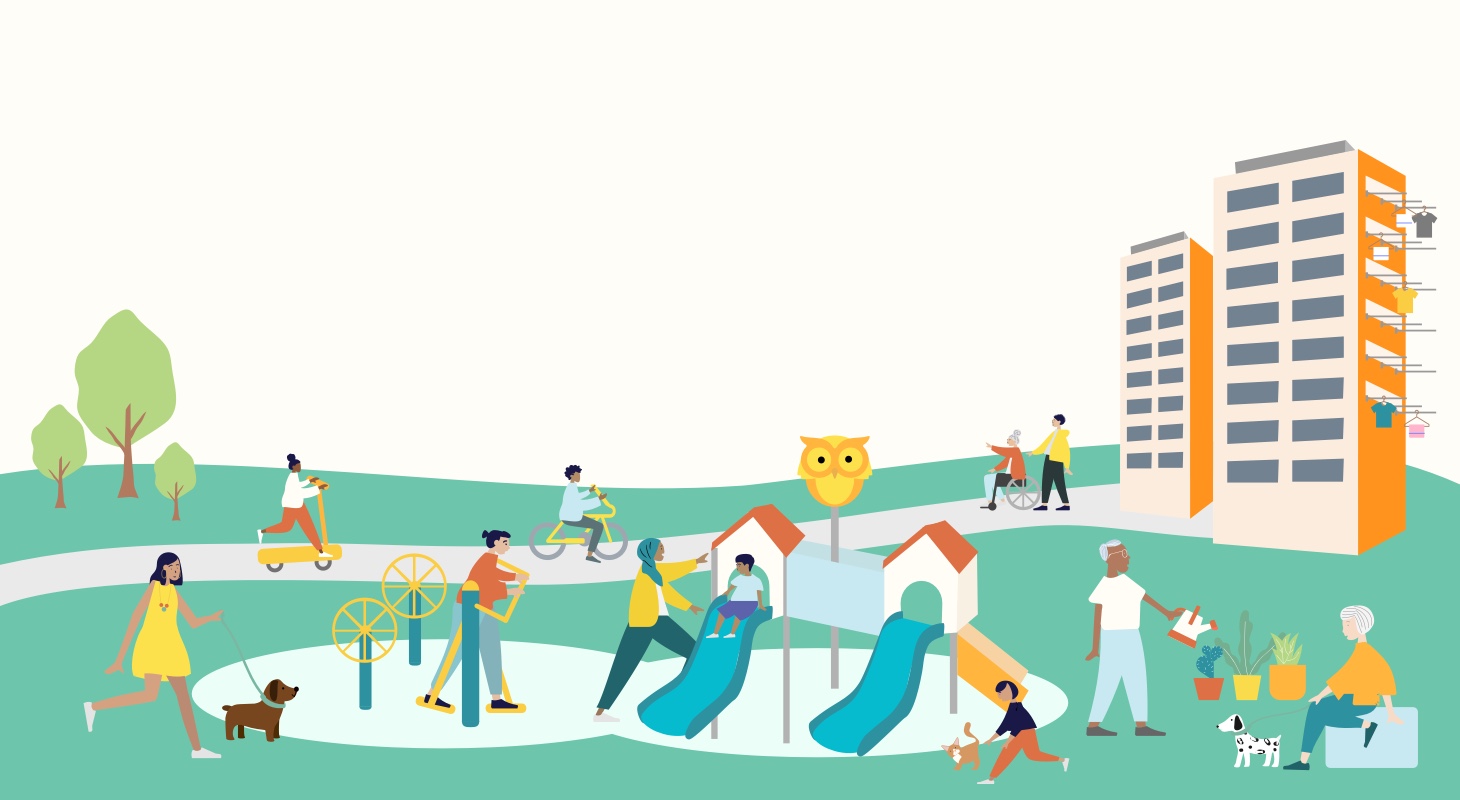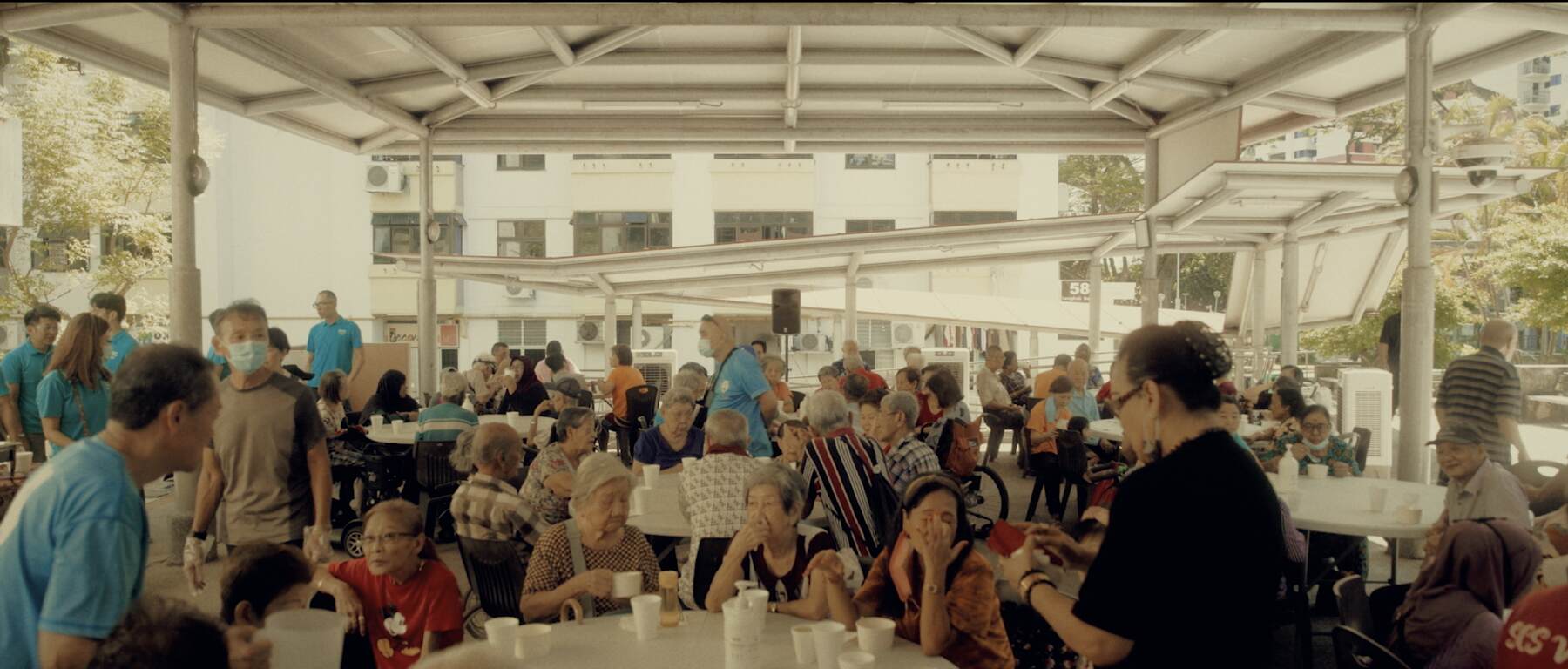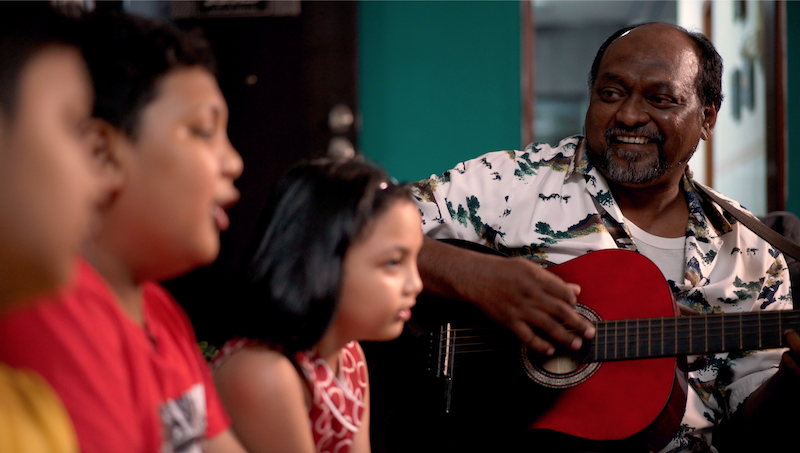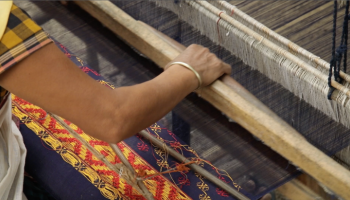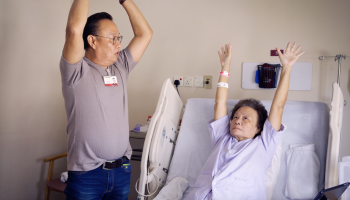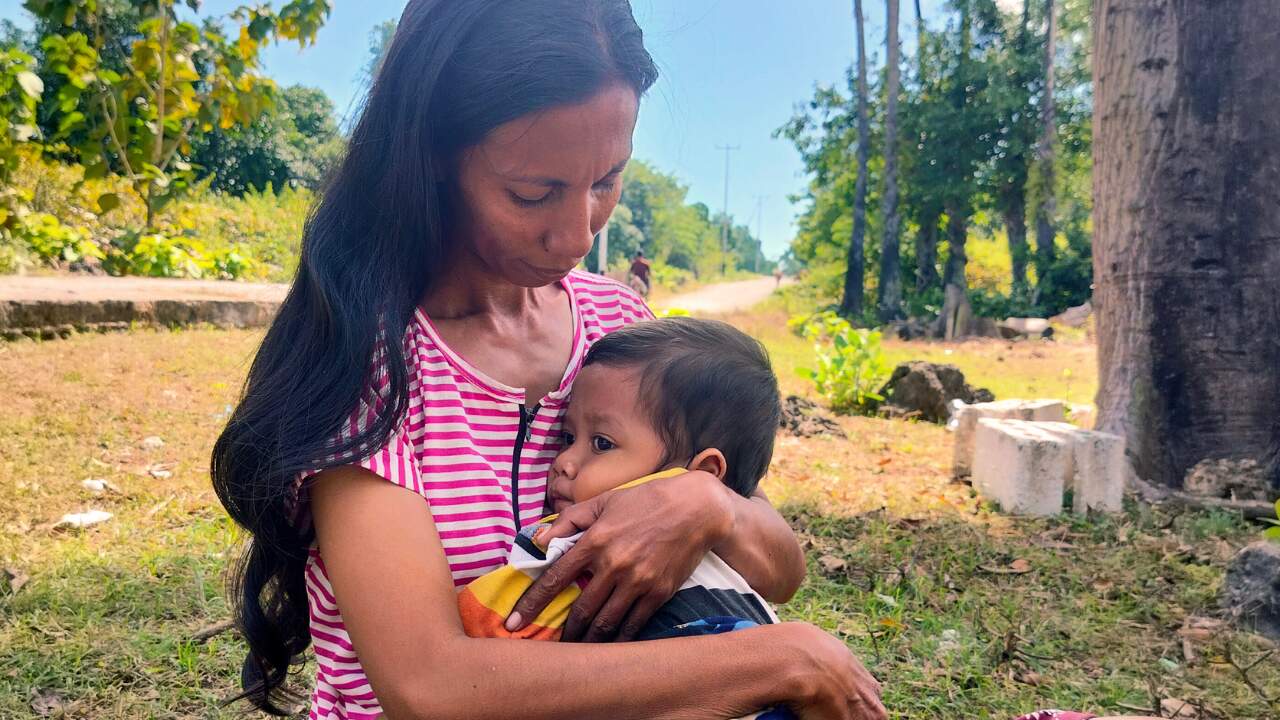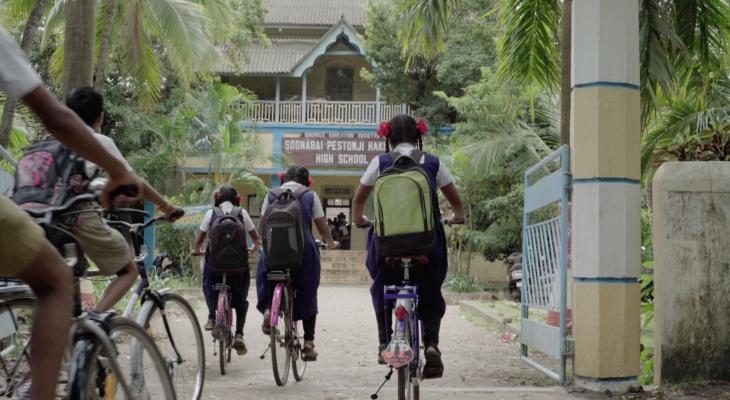‘I’m Not Crazy’
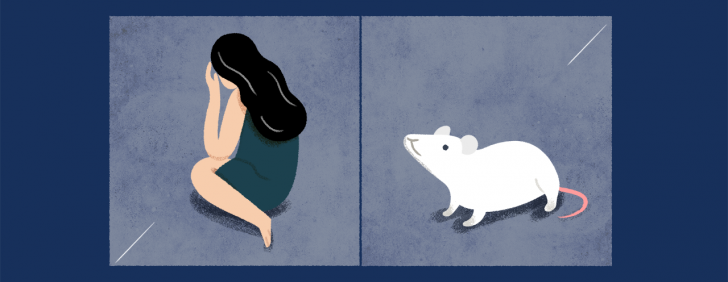
“I’m not crazy.”
That’s what Lee Ying Ying thought when her family suggested that she see a psychiatrist three years ago.
It’s a common response family members and caregivers encounter when trying to convince their loved ones to seek treatment for a mental health issue.
The resistance is usually due to the stigma surrounding mental illness. People seldom feel the same way about physical illnesses.
Ying Ying was a postgraduate student in Switzerland, doing research and conducting experiments on mice in pursuit of a PhD in neurobiology.
She had come home to Singapore for a holiday and she was behaving unusually. She was zoned out like “a walking zombie”. She could not communicate coherently.
But the real drama was in her mind: she had inexplicable, unshakable feelings of guilt, and she believed that she was going to die so that her sister could live. She felt trapped in an alternative world.
The doctor diagnosed her with an acute psychotic episode.
She is recovering with “time and effort”.
“When I told my supervisor and colleagues about it, it was not discrimination but support that I received. They still saw me as the same person, with potential to grow as a scientist and as a person. They weren’t like, ‘Oh, she’s mentally ill. We have to tiptoe around her’.”
But she knows that many people with mental health issues don’t get that kind of support.
“I think there’s still a lot of stigma attached to mental illness. Hopefully, one day, we will be able to see mental health issues like cancer, like diabetes, without the stigma attached to it.”
When someone behaves in a “funny way”, Ying Ying says, we should look at the situation clinically and objectively: these symptoms are not normal, so the person should seek medical help. Separate the illness from the person.
These days, Ying Ying is still passionate about brain matters, but in a different way. She’s focused on making a difference in the mental health community by helping caregivers and fighting the stigma surrounding mental illness.
“What I was missing was the human element in my work, because I was dealing with mice a lot – too much,” says the 29-year-old.
She is now a Peer Support Specialist at the Institute of Mental Health in Singapore and also works part-time as a trainer with Caregivers Alliance (CAL), a non-profit that supports families and caregivers of people with mental illness.
“CAL broadens my understanding of mental health and the struggles that are brought on not just as a patient, but as a caregiver – what it entails for them: the financial stress, the emotional burden. So that really opened my mind,” says Ying Ying.
She’s grateful for having a supportive family. Her mother, Madam Lin Ngin Lian, 62, is her primary caregiver.
Madam Lin, who works as a Chinese tutor, says: “CAL allowed Ying Ying to try out what work that she could manage and helped rebuild her confidence.
“It is also a platform that lets caregivers meet and support one another. The sharing of their caregiving journeys lets them relieve caregiving stress and emotional burdens.”
She adds that caregivers often feel alone or are at a loss.
“CAL provides a support network and that, in itself, is powerful.”
CAL offers support in the form of medical help, job-hunting assistance or aid in finding residential day-care support.
“It also provides education about mental health, issues such as what mental illness is and is not, how can we help our loved ones, how can we improve our caregivers’ and their loved ones’ quality of life.”
Ying Ying is happy to be working with people, instead of mice, and happy to reach out to overwhelmed caregivers. She knows that though CAL has reached out to more than 3,000 caregivers, there are many more to reach.
Take Action
Participate in Caregivers Alliance's programmes. You can also donate to support the non-profit.



